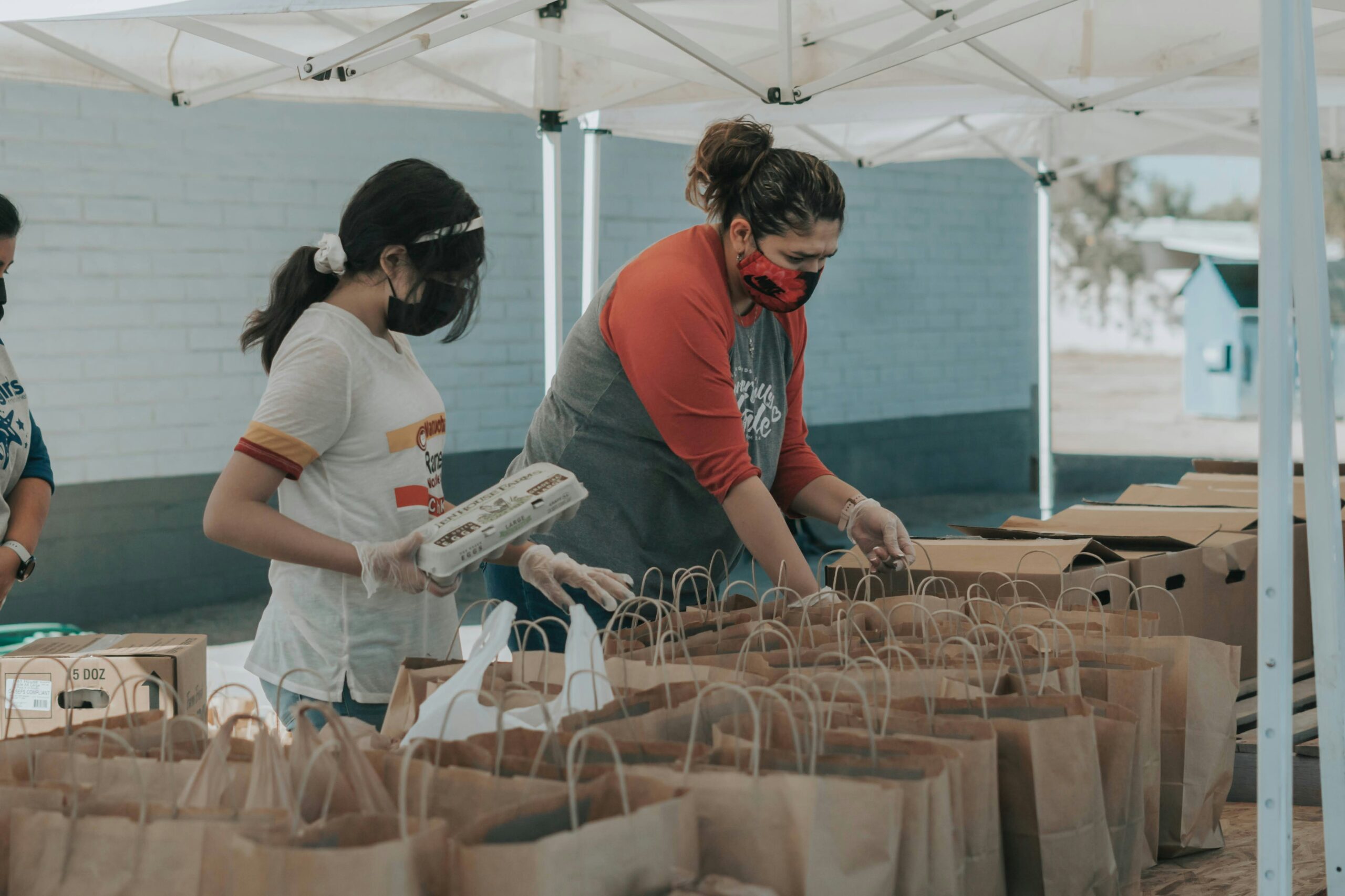How can adults help today’s youth not only succeed…but thrive? At Carolina Youth Development Center, we seek answers to this question each day. For more than 200 years, our staff has worked to meet children and their families where they are to promote healthy homes and outcomes. However, our efforts can only impact those we are aware of.
NOTE: As of Feb. 29, 2024, Carolina Youth Development Center (CYDC) has rebranded to Landmarks for Families. Our nonprofit, community programs and residential services remain committed to cultivating thriving youth and families in this new chapter.
Regardless of the reason, children may sometimes feel that home is no longer home. They feel they must run away. In 2022, The U.S. Department of Housing and Urban Development estimated on a single night that 30,090 unaccompanied U.S. youths could be counted as homeless. We cannot stand by as children remain unsafe and uncared for. Together, we can make a change. We can ensure bright futures through collaboration with our community.
The Importance of Support For Thriving Youth
As parents or caregivers, you are responsible for creating a safe, supportive and nurturing environment for your children. While media may refer to a parent’s job as “thankless,” this could not be further from the truth!
Your impact is seen every day in the smiles, progress and development of your child. Our team is inspired by your hard work and is here to support your journey with practical steps to creating a safe and loving space that helps prevent runaways and ensures your child’s well-being.
Open Communication and Active Listening
Effective communication is the foundation of a healthy parent-child relationship. By fostering open communication and active listening, you can strengthen your relationship with your child, become a trusted source of support in their lives, and reduce their risk of running away.
Establish Trust
Trust is critical to any successful relationship, and your child needs to know that you will always have their back. Establish trust by being honest, consistent and reliable in your words and actions. Show respect for your children’s autonomy, opinions and boundaries. Most importantly, recognize when you’ve made mistakes to show to establish vulnerability and showcase healthy growth. When children feel valued and respected, they are more likely to turn to you for support instead of seeking escape by running away.
Provide Emotional Support
Children need emotional support to navigate life’s challenges, and being attuned to your child’s emotional well-being and validating their feelings will help make this journey one of growth and discovery. Teach them healthy coping mechanisms by developing problem-solving skills, resilience and stress management techniques. Nurture their emotional well-being by creating an environment where they feel safe, loved and heard.
Express Care
While your teen may seem more independent, they still crave parental love and care. Expressing affection, both verbally and non-verbally, is crucial for nurturing the parent-teen relationship and can be done through simple gestures like hugs, kind words or quality time. Showing interest in their interests, celebrating their achievements and listening to their worries are powerful ways to reinforce your connection and foster a sense of belonging.
Share Power
Power struggles between parents and teens are natural but can strain parent-teen relationships. It’s important for parents to approach these situations with patience, empathy and problem-solving skills. Instead of engaging in a battle of wills, “share power” by finding mutually beneficial solutions and compromising to navigate conflict effectively. By encouraging dialogue, respecting boundaries and finding win-win outcomes together, parents can maintain harmony while allowing their teens to develop a sense of autonomy. This collaborative approach empowers teens and promotes healthy decision-making skills that will be invaluable in adulthood.
Closing Disconnects
During adolescence, it is common for parent-teen relationships to experience moments of disconnect. These disconnects may arise due to differences in perspectives, conflicts, or the natural process of teenagers asserting their independence. However, parents must be proactive in bridging those gaps. By initiating conversations, seeking common ground, and demonstrating a willingness to understand their teen’s point of view, parents can foster reconciliation and rebuild trust.
Learning and Growing Together
Creating a safe and loving space for children is an ongoing process that requires compassion, patience, and active engagement. CYDC is proud to support families in their progress with community-based programs and our Strengthening Families Program – an in-home foundational “Parenting 101” that aids families experiencing or nearing disruption.
CYDC Is Helping Families Heal
Does your family need guidance in reaching stability? With more than 200 years of experience supporting our nation’s youth and families, Carolina Youth Development Center is equipped to lead your child or family through adversity. Whether on-site or in-home, our compassionate team is ready to meet you where you need with the services you need. Contact us today to learn more about our programs and speak with a member of our team.


